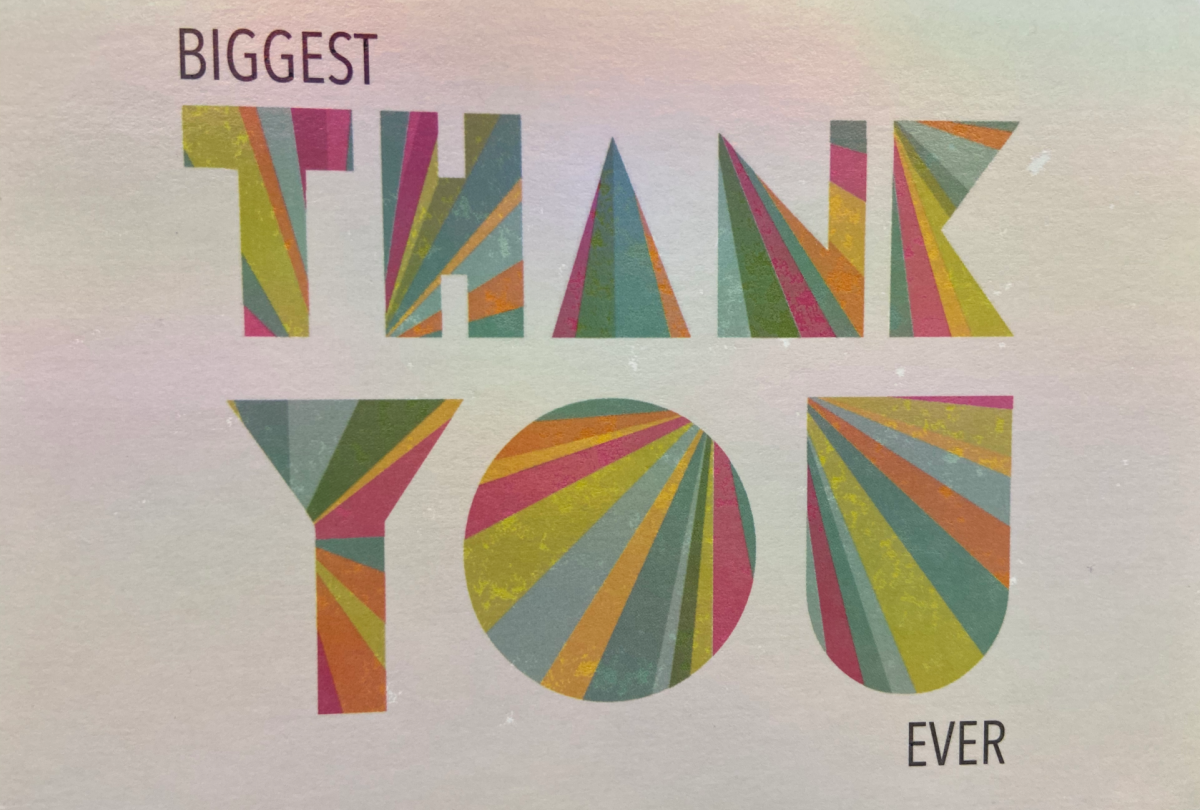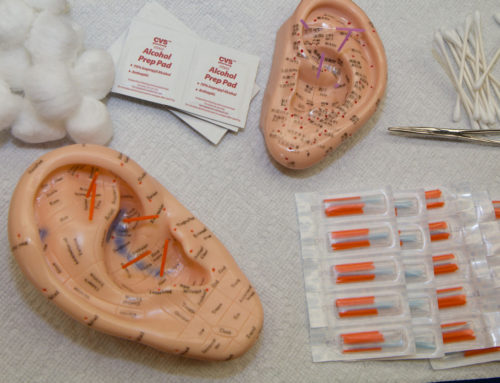Manners Matter (MM)
My son grew up hearing this phrase, which I sometimes shortened to “MM,” as a gentle reminder.
Similarly, my Mom would remind me to say ‘please’ and ‘thank you’ to helpful shopkeepers and friends’ parents who hosted birthday parties. And I always minded my manners at restaurants, stores, libraries, or whenever I was out.
It costs nothing to use manners. And I learned the returns are great.
It’s a Wonderful Feeling
It’s a wonderful feeling to see people’s reactions when they feel appreciated, heard, or receive a kind word. Waving a driver into your lane. Smiling at a person walking by. Sincerely thanking someone who helped. Even saying, ‘Have a great day,’ to, well, anyone!
Using manners often reduces stress in you and them. Manners can defuse a difficult situation. And the more you practice using them, the more automatic they become. Easy-peasy.
Bad Manners Raise Stress Levels
On the other hand, bad manners raise stress levels. They can trigger depression. And, for some, it activates an anger response.
“Road rage” often occurs when another driver’s actions appear aggressive or rude.
We can lose our cool or feel irrelevant at the office when a colleague repeatedly interrupts.
People are often more polite to strangers than their own family members. This may be because they know the people they are closest to will love them regardless of how they act. However, they’re also the people you can hurt the most with rude behavior.
And at home, we can feel like unpaid help when family assumes we will do (whatever) because that’s our ‘job.’
I remember one night, during dinner, I was told:
- ‘Remember to wash my clothes tonight.’
- ‘Get me more milk.’
- ‘No one is interested, Mom.’
I was irritated. I was tired. Work at the office was difficult. Then I come home to do more work. There was no appreciation. I was feeling sorry for myself, stressed, and down.
So, why do manners matter?
Manner matter, because everyone likes and thrives when feeling appreciated and acknowledged. Those feelings lead to lower stress. And knowing that a kind word or gesture helps someone feel better, it helps us feel better too, right?
“When we tell our kids to be polite, say please and thank you, and take our turn in line, yet we forget to perform those acts at home, the children get a mixed signal that is likely to send them toward a state of misbehavior,” Ms. Mayne advises.
Walk Your Talk!
When someone we care about passes on, we regret that we didn’t say all the things we wanted.
So, take time today and every day to be kind, respectful, appreciative, and loving. Our kids, partners, family, friends, and even stranger will notice. In the end, manners matter for everyone.
Thanks so much for reading my blog. I really do appreciate it. I welcome your thoughts and comments.
Oh, and I really hope you have a great day!
Cheers!

Marilyn




